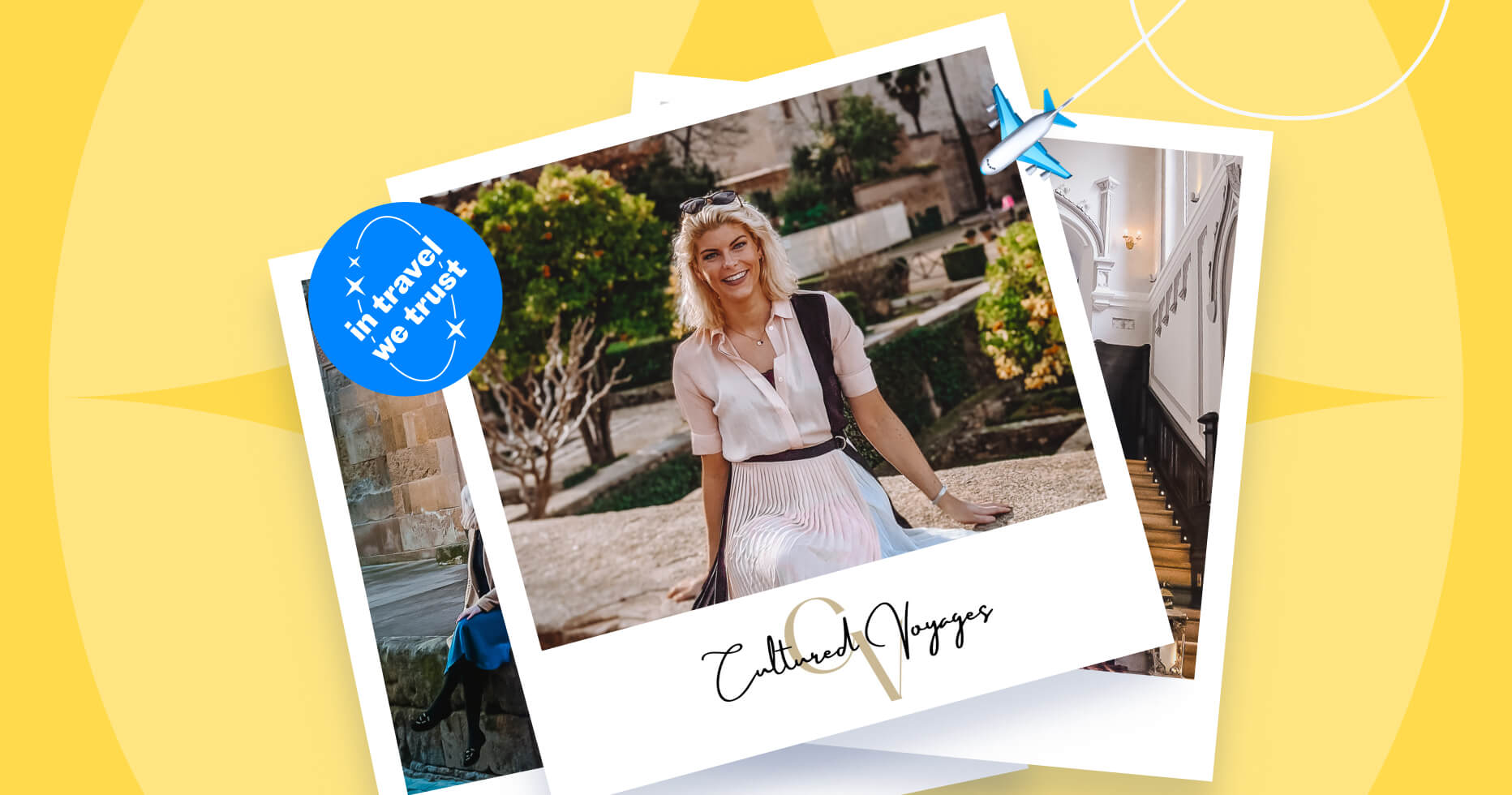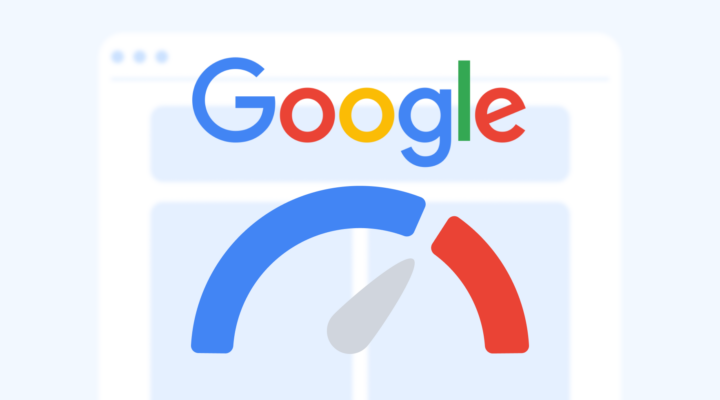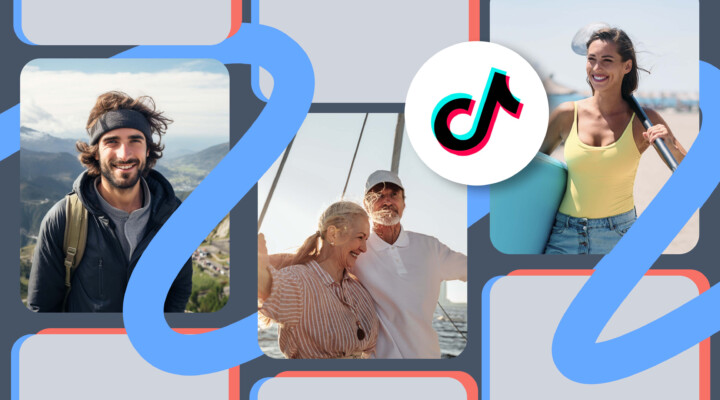My Rocky Start
My travel blogging journey started with an Instagram page. I’d always liked to travel and always took loads of photos of the places I visited. So, in 2016, I started an Instagram page where I’d post about my travels. I eventually grew a following, but I lost my love for the platform because of the algorithm and the fleeting nature of interactions. It’s not that I wasn’t getting anything out of it, but I felt empty and began to question the point of chasing followers and likes.
It was around this time when I decided to use my love of writing and literature to start a website where I could share stories of my travels. I called my blog Issy’s Escapades.
However, since I wasn’t following a strategy or writing schedule, I lost interest in the project. I actually lost everything I’d written because I let my hosting slide (big mistake, don’t let this happen to you!)
My Comeback
I forgot about travel blogging until January 2020, when my partner persuaded me to share my crazy-detailed itineraries and great hotel finds by starting a blog once more. So, I thought: Why not try to monetize my content?
When the first lockdown hit Ireland that March, I had a whole lot more time on my hands. I started looking into how to run a blog as a business and, the more I learned, the more inspired I was to keep going.
After a decade in the corporate world, it became increasingly clear that I wanted to be my own boss, work on my own schedule, and grow my own business rather than someone else’s. I saw how blogging was a viable way to do this, and working on my blog almost became a lifeline for me.
I think starting out in difficult times during COVID actually helped me. I felt like I had time to get up and running before travel started to make a comeback. Plus, I had fewer distractions than I would have had before COVID.
When I revived my blog in 2020, it was very much targeted at luxury travelers who enjoy culture, history, dining out, soft adventure, and having more authentic experiences. The old brand of Issy’s Escapades didn’t speak to the audience I was trying to help, so I came up with a new name: Сulturedvoyages.com.
My First Income
Nothing much happened at the start, but I didn’t sit around. I learned about SEO and affiliate marketing and took some very insightful courses.
Recommended Courses:
- Various courses from Sharon Gourlay. She’s absolutely brilliant, and her courses really helped me understand SEO as well as how to be strategic and commercially minded. (Editor’s Note: View the free course from Sharon Gourlay and Travelpayouts).
- The Affiliate Marketing Superstars course by Leanne Scott, who runs a website called Passive Income Superstars. She’s an affiliate marketing queen who taught me how to structure content around buyer intent and get inside the head of consumers.
Traffic was fairly non-existent in 2020, so I spent most of my time researching blogging as opposed to actually doing it. Don’t worry. My traffic has grown gradually since then and I got a nice little bump in January 2022.

I’m currently focused on streams of passive income, such as affiliate marketing and advertising. Eventually, I’ll consider sponsored posts and selling my photography.
In terms of where my blogging income is at this stage of my journey, it’s hovering around a graduate salary level in Ireland. I feel like I’m in a good place and I’ve seen enough by now to know that blogging is viable. I even see a path where I can potentially surpass my corporate income in time.
How I Track My Blog’s Performance
Having a commercial background means that I can look at an action and ask myself whether it will make me money.
I think a lot of people get caught up in the idea of attracting a lot of page views to be successful travel bloggers, with the end-goal of getting accepted to Mediavine. Don’t get me wrong, that is still a goal of mine, but I’ve decided to take an “affiliate marketing first” approach. However, the primary thing I focus on for each post is not pageviews, but the affiliate revenue each page can, and is, generating.
I’m fine with my blog’s growth being on the slower side for now, and it seems to be paying off. When I compare my income reports with those of bloggers who have more traffic than me, I see that I’m actually generating more affiliate income, which is hugely motivating.
I look at revenue per reader and per session, and I want to take an even greater forensic approach when analyzing my articles moving forward. Right now, excluding advertising income, I make around 80 euros per thousand readers (sometimes more and sometimes less depending on the month) and I’m very happy with that result. My next goal is to get that figure to a consistent 100 euros or more per month.
My Hacks for Affiliate Marketing
I would say that affiliate marketing clicked and started working when I went back to analyze my old articles and experimented with link placement.
Here are some of the questions I asked myself:
- Where should I place affiliate links to capture some kind of conversion, given that my articles tend to be very long and the time on page for affiliate-focused posts is six to eight minutes on average? Maybe a little bit earlier in the article?
- Why not place links as buttons? Maybe doing so will allow me to capture more clicks?
- Why not put hotels within the articles?
Once I started putting these thoughts into action, it became clear what worked and what didn’t. I started with an initial approach, then changed and monitored that approach along the way until I developed a formula.
This formula is unique to each blog and the types of readers, so my main takeaway was to try different experiments.
When it comes to brands, the niches I focus on are: accommodations, tours, and tickets. So, I favor Booking.com, Viator, Get Your Guide, Take Walks, and Tiqets. The best part is that I can work with most of these brands via Travelpayouts.
The platform itself makes everything very simple, so adding links and tracking performance is easy. It’s actually perfect for someone who is just starting out, because not only is the platform intuitive, but having a lot of relevant travel affiliate programs in one place, as well as statistics, is super convenient and cannot be found anywhere else.
Join the Travelpayouts partnership platform
Join todaybrands
How I Create Blog Articles that Convert
I create all the content on my blog myself. The process begins with me thinking about which elements would be involved in covering a destination and the different things people would want to know about that location.
I primarily use two tools to find topics:
- Keysearch – This tool is basic and inexpensive. All the information you need is there.
- Google – This may seem obvious, but you’d be surprised at how many people forget about it. Google tells you a lot if you start searching for a specific query in terms of related keywords or the problems that come up when you start typing.
You shouldn’t focus on short, high-volume keywords. They might be good for attracting traffic, but are not necessarily the best for affiliate marketing, where it’s more important to target specific, long-tail keywords. That’s because your audience is ready to take action and make a booking. You won’t get as many people coming to your site, but you’ll definitely see a higher conversion rate than with traditional keywords.
Write using keywords that carry user intent and your posts will convert. If you don’t understand what that means, take a step back and learn about the marketing funnel. This will help you get into the mindset of your reader. Someone who is searching for “places to visit in Europe in summer” is not going to be ready to book a tour or hotel yet.
I think there are three types of travelers:
- Those that plan way in advance
- Those that leave plans until the last minute, but still like to have one
- Those who have no plans at all
I recommend targeting the first two types of travelers because you’re more likely to be able to influence their booking process. With the second category, I find I’m more likely to get conversions in the form of tour bookings. I’ve noticed that many of my tour bookings are made a couple of days or weeks before the date of the tour.
My Advice on How to be a Successful Travel Blogger
- Slow down and take the time to learn first. After deciding you want to be a travel blogger, spend the first six months learning about the craft rather than rushing and writing a lot of articles. Focus on mastering SEO, affiliate marketing, and the backend (e.g., how to run WordPress).
- Think about your audience and their intent. Always ask yourself what action you want your readers to take when reading your post. Create useful content that will solve their problems, because solving a problem generates more clicks and sales.
- Remember that the concept of overnight success is a cliche. Be patient and allow things to grow over time. Never give up. Always seek to improve yourself, learn more, develop your website, improve your content, and genuinely help your readers.




